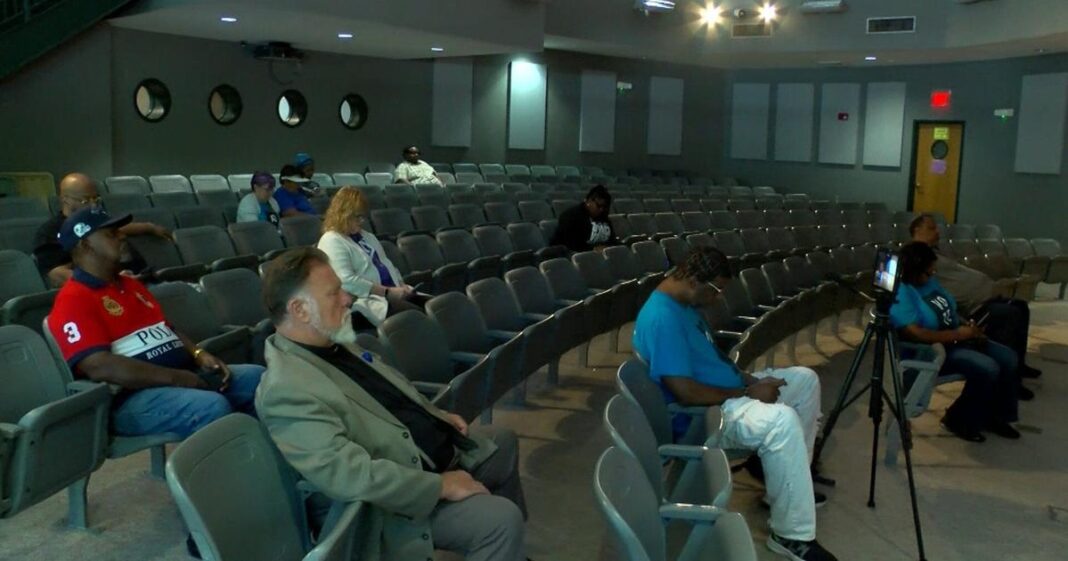Lafayette Leaders Monitor Supreme Court Redistricting Case
Background on the Case
Lafayette, Louisiana, finds itself at the forefront of a critical legal battle as the U.S. Supreme Court hears arguments in the case of Louisiana vs. Callais. This case examines the state’s congressional redistricting map, which has been the subject of intense scrutiny and debate among local voters, especially within the African-American community.
Arguments Presented
At the heart of the discussion is whether the map should be drawn considering race. The plaintiffs argue against the state’s new congressional district layout, claiming it constitutes illegal racial gerrymandering. Meanwhile, defenders of the map assert it complies with the Voting Rights Act, ensuring adequate representation for African-American voters, who make up approximately one-third of Louisiana’s population.
Cynthia Young, a representative from Black Voters Matter, emphasized the significance of race in these proceedings: “It is about race. Whether it’s predominantly about race or not, but it is about race,” she stated after listening to the arguments presented.
Community Engagement
In Lafayette, local leaders and citizens actively engaged with the oral arguments broadcasted from the Supreme Court, demonstrating a strong communal interest in the outcome of the case. Their presence signifies the widespread concern about fair representation in the electoral map, particularly for the African-American community, which historically faces underrepresentation in political offices.
Implications of the Decision
The implications of the Supreme Court’s decision extend beyond Louisiana. If the court rules to limit or eliminate race-based electoral districts, it could significantly alter the landscape of political representation nationwide. The current map, which includes two majority-Black districts, was adopted following a federal judge’s warning that lawmakers must ensure compliance with federal mandates on representation.
Lafayette City Councilman Elroy Broussard voiced the apprehensions of many in the community, stressing, “If the court decides to do away with the district that has been drawn, it’s going to be a sad day.” He argues that losing representation would hinder the ability to voice the specific needs and rights of a significant portion of the population.
Historical Context
The Voting Rights Act, enacted in 1965, was a monumental step toward eliminating racial discrimination in voting. It established guidelines intended to protect the voting rights of minorities. The current court case raises concerns that the laws protecting these rights could be undermined, essentially rolling back decades of progress fought for during the Civil Rights Movement.
Local Leadership Responses
Local leadership has been vocal in advocating for the preservation of the current congressional map. Representatives argue that without adequate representation, African-Americans in Louisiana risk falling into a political void, where their voices are lost in decision-making processes that affect their lives directly. Maintaining the congressional districts as currently drawn is seen as vital to preserving necessary representation.
Conclusion of Proceedings
As the Supreme Court deliberates on this case, the decision is keenly anticipated across Louisiana, particularly among advocates for civil rights. The potential ruling could reshape how electoral districts are drawn, influencing not just Louisiana but the broader political context in the southern United States and beyond.
Call to Action
The community remains engaged and vigilant as they await further developments. Public discussions, rallies, and forums are likely to continue as residents seek to ensure their voices are heard in this pivotal moment in history. The outcome of this case will not only determine Louisiana’s political landscape but also serve as a reflection of the nation’s commitment to equity and representation for all citizens.



